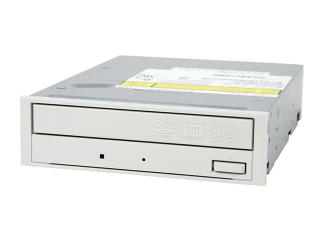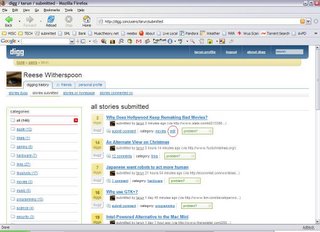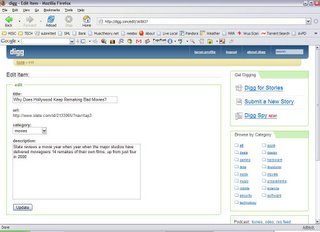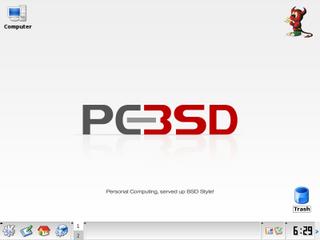I hardly purchase new hardware, but when I saw the 16x DVD +/- burner for $49 at
Newegg.com, I couldn't resist. I've had about a month to make good use of it and I would recommend it to anyone in the market for a fairly cheap drive. I also bought a 100 pack 16x DVD-R Verbatim media for around $40 from my local computer store. I could have got a better deal with the media online, but I didn't want to wait to use my drive.

The drive works perfectly. Burning speeds at 16x are around six and a half minutes. I haven't had the time or the need to try more exotic media like DVD-RW or Double Layer. This NEC trumps my now retired 8x Sony burner by burning CDs in a quick three minutes.
The only snag I've had so far was while trying to backup my movie collection. The drive uses a technology called RipLock which results in slower but more accurate rips. I use
DVD Shrinkto backup my DVD movies which takes about 50 minutes per DVD including burning. Not too bad consider how much data processing is involved. Apparently there is an unofficial firmware available that disables the RipLock technology for faster rip speeds while making the drive a little noisier. This, of course, voids any warranty you have.
I haven't experienced a single coaster or bad burn with this drive. I usually use my computer while I burn DVDs and haven't seen any buffer underruns. By now, I'm sure there is a newer NEC model than the one I have. If you
still haven't purchased a DVD burner, buy a NEC. I couldn't be happier with mine.
 Clicking on the Edit button results in this page:
Clicking on the Edit button results in this page:




